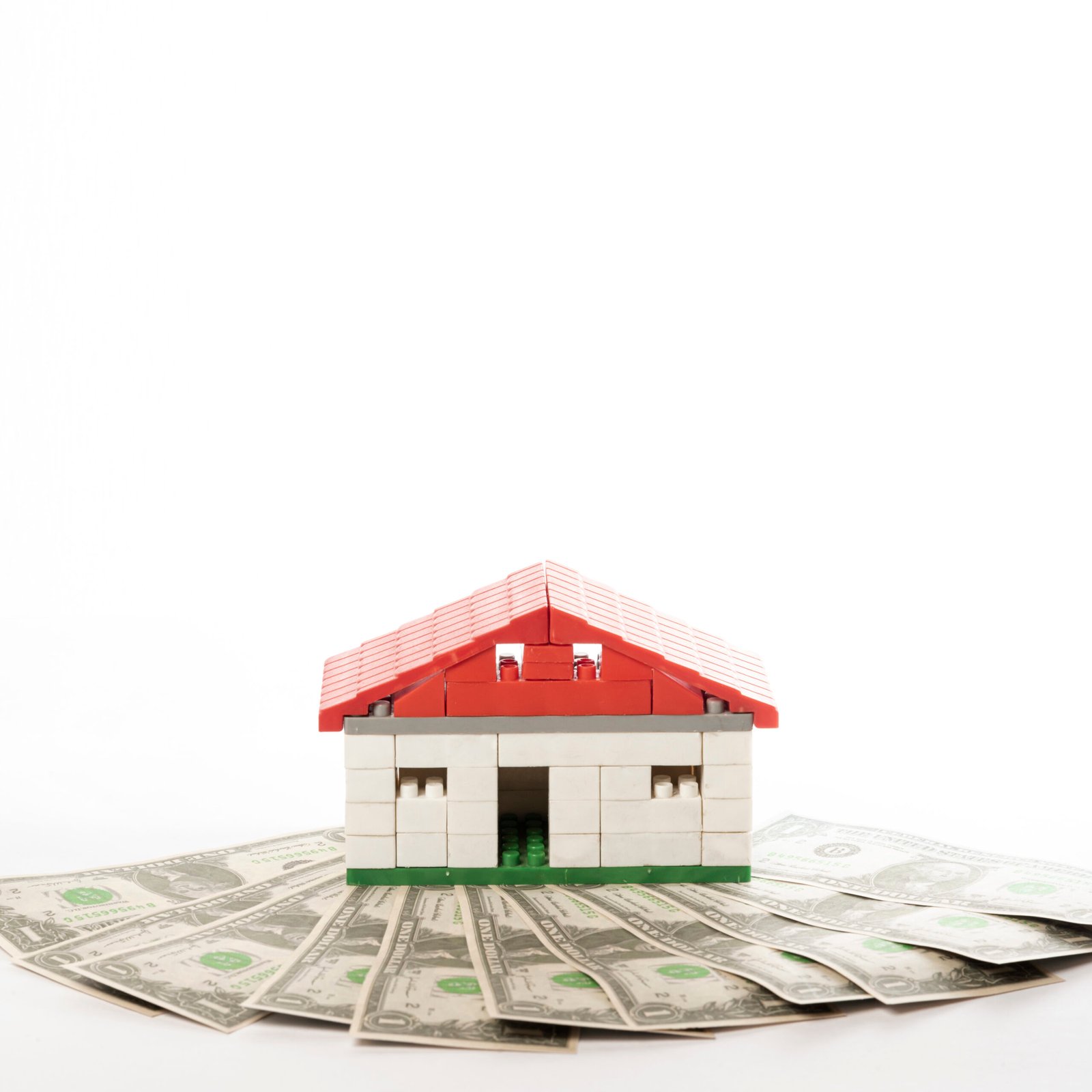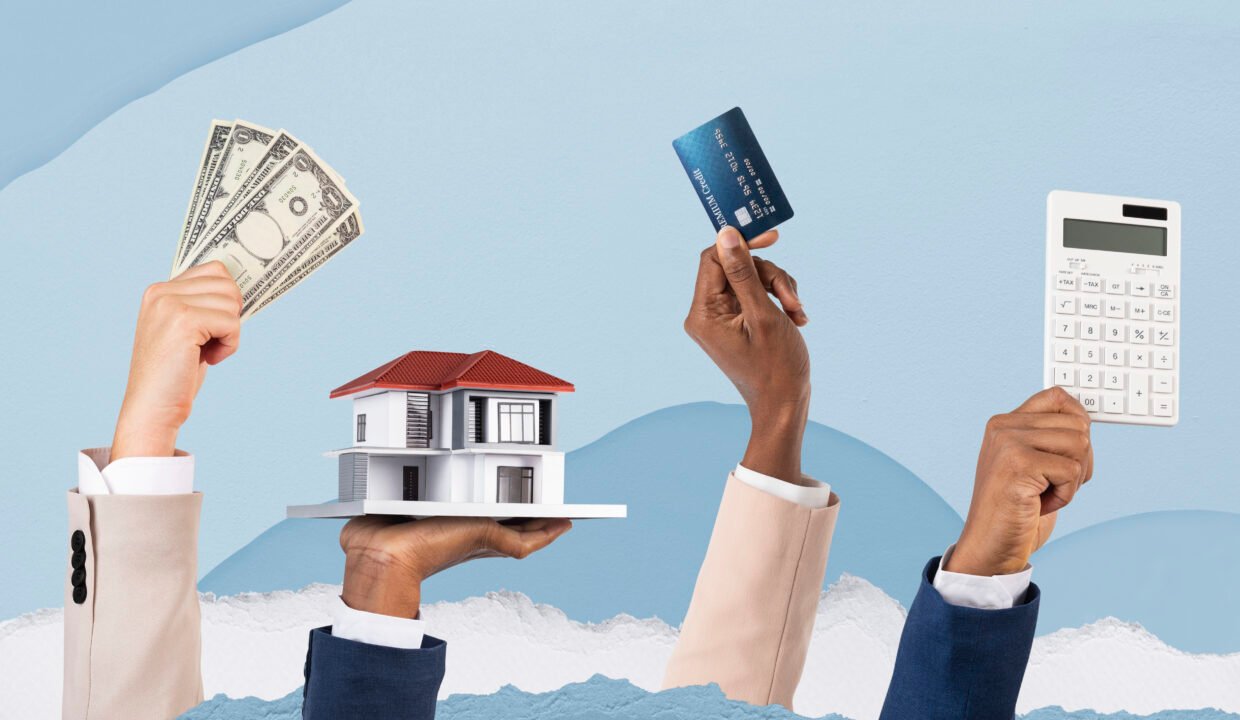Buying Property in Egypt: 3 Reasons to Invest Now
1. Upward Expectations in Property Prices
One of the main factors that make now the ideal time to buy is the strong expectation of rising real estate prices in the near future.
Recent market reports indicate that property prices in Greater Cairo, the New Administrative Capital, and the North Coast have increased by 20% to 30% during 2025 alone, with further growth expected due to higher construction costs and expanding demand.
Simply put, every passing month makes buying more expensive. Purchasing a unit now means securing it at a price lower than its future value — giving investors an excellent opportunity to achieve significant capital gains in the coming years.
These gains are even greater in major projects that are professionally managed and located near main roads or newly developed cities.
2. Government Initiatives and New Incentives
The Egyptian government has given special attention to the real estate sector in recent years, considering it one of the key pillars of the national economy.
New laws have been introduced to simplify property registration and ownership transfer, alongside regulations to legalize construction and ensure better transparency.
In addition, the government has launched affordable mortgage financing programs with low-interest rates for citizens.
Mega projects such as the New Administrative Capital, New Alamein City, October Gardens, and New Mansoura City have created a strong investment environment that boosts investor confidence in the Egyptian real estate market.
Furthermore, the government has provided facilities for foreign investors interested in buying property in Egypt, which strengthens overall demand and increases property values over time.
3. High Investment Returns and Protection Against Inflation
Amid rising prices and the weakening of the local currency, real estate in Egypt remains one of the safest ways to preserve the real value of money.
Savvy investors know that tangible assets — like property — appreciate over time, unlike cash which steadily loses its purchasing power.
Rental yields in major cities and tourist areas are also very attractive, averaging between 5% and 7% annually, and sometimes higher in prime locations.
Moreover, real estate offers dual flexibility — you can live in it, rent it out, or resell it later — providing financial versatility that few other investment options can match.

Secondly: An Analytical Overview of Egypt’s Real Estate Market
Egypt’s real estate market continues to show growing activity despite global economic challenges.
In Greater Cairo alone, thousands of new units were delivered during the first half of 2025, reflecting the ongoing strong demand for residential, administrative, and commercial properties.
Meanwhile, the New Administrative Capital has become the top destination for both local and foreign investors thanks to its modern infrastructure and massive mixed-use projects, which include residential towers, commercial malls, and hotels.
In the North Coast and Ain Sokhna, coastal developments are witnessing increasing demand — especially from Egyptians living abroad who are looking for luxury homes or vacation units for the summer season.
Overall, the Egyptian real estate market is in a phase of genuine growth and transformation, making the current period one of the best times to enter before prices continue their expected rise over the coming years.
Additionally, Egypt’s property sector is proving its economic resilience amid inflation and currency fluctuations. Real estate remains one of the few investment assets that retain long-term value and generate consistent returns. Supported by large-scale national projects, government infrastructure expansion, and growing interest from Gulf investors, the market is expected to maintain steady growth. This stability makes buying property in Egypt not only a safe move but also a strategic investment for those seeking both capital appreciation and reliable income in the coming decade.
Thirdly: Key Criteria for Choosing the Right Property
When considering buying property in Egypt, price alone should not be your only concern. Here are the most important factors to evaluate:
-
Location: Proximity to transportation, services, and key urban areas.
-
Developer Reputation: Choose a trusted developer with a proven record of on-time delivery.
-
Finishes and Amenities: Ensure high-quality finishes and the availability of essential services like security, maintenance, and parking.
-
Financial Capacity: Pick a payment plan that matches your income and offers long-term comfort.
-
Legal Verification: Review all official documents and ownership deeds with the help of a specialized real estate lawyer.
Fourthly: Frequently Asked Questions (FAQ) About Buying Property in Egypt
1. Is now really a good time to buy property in Egypt?
Yes, now is one of the best times to buy, as prices are still below their true value while demand continues to rise. The Egyptian market has also proven resilient during economic challenges, making it a safe choice for both local and foreign investors.
2. Can foreigners buy property in Egypt?
Absolutely. Egyptian law allows foreigners to purchase both residential and commercial properties, provided they obtain prior approval from the relevant authorities in some areas. They can also fully register the property in their name and have full rights to sell or rent it out.
3. What is the average rental yield for properties in Egypt?
Rental yields in major cities typically range between 5% and 7% per year, and can be higher in tourist or high-demand residential areas like New Cairo and the North Coast. This rate is among the highest in the region compared to neighboring countries.
4. What are the best areas for real estate investment in Egypt right now?
Top-performing areas include the New Administrative Capital, New Cairo, 6th of October City, Sheikh Zayed, the North Coast, and Ain Sokhna, along with emerging cities such as New Mansoura and New Alamein, which are expanding rapidly.
5. Is real estate investment in Egypt safe?
Yes, real estate in Egypt is one of the most stable sectors due to strong domestic demand and continuous population growth. Just make sure the property is legally registered and that all documents are verified to avoid future issues.
6. What are the additional costs when buying a property in Egypt?
These include registration fees, annual property tax, maintenance fees, and service charges (if applicable). If the unit is semi-finished, you should also consider finishing costs. These expenses vary by area but typically don’t exceed 5% of the property’s total value.
7. Is there a tax on selling property in Egypt?
Yes, the seller pays a 2.5% real estate disposition tax on the total sale value. This is a one-time payment made when the sale is completed, and the buyer is not legally responsible for it.
8. What is mortgage financing, and how can I benefit from it?
Mortgage financing allows you to buy a residential unit through a long-term loan with low interest, repaid in installments that can extend up to 20 years. The Egyptian government supports this through initiatives that offer reduced interest rates for low- and middle-income buyers.
9. What’s the difference between mortgage financing and direct installment plans?
Mortgage financing is done through a bank or financial institution that guarantees both parties’ rights. In contrast, direct installment plans are arranged directly with the developer — usually without bank interest — but typically come with shorter payment terms.

10. Is it better to buy a ready-made or under-construction apartment?
Under-construction units are usually cheaper and offer longer installments, but they require patience. Ready-made apartments are suitable for immediate living or rental, but they are more expensive.
11. How do I ensure that the property is legally registered?
The original title deed must be reviewed at the Real Estate Registry, and the land and building must be fully licensed. It is preferable to consult a real estate lawyer to review the documents before making a payment.
12. Can Egyptians abroad easily purchase real estate?
Yes, any Egyptian residing abroad can purchase a property in Egypt with the same rights. They can pay in dollars or Egyptian pounds, and some developers offer special facilities for money transfers.
13. What is the appropriate timeframe for delivery of new units?
The delivery period usually ranges between two and four years from the contract date. The contract specifies the final delivery date and any late payment fines, if any.
14. How can I ensure the seriousness of the real estate developer?
Check their previous projects, the company’s reputation in the market, the speed of delivery of previous units, the availability of official building permits, and their commitment to contracts.
15. What are the potential risks of purchasing real estate?
The most important risks include delayed delivery, registration issues, mismatched descriptions, or purchasing from an unreliable developer. Therefore, it is advisable to carefully review each step legally.
16. Can I sell the property after a short period of time?
Yes, you can sell whenever you want, especially if the unit is in a sought-after area. With the continuous rise in prices, you can achieve a good profit in a relatively short period of time.
17. What is the impact of inflation on real estate in Egypt?
Inflation typically leads to higher real estate prices because the cost of construction materials and labor increases, making real estate an effective way to protect the value of money and maintain purchasing power.
18. Is real estate a suitable long-term investment?
It is certainly one of the most stable and secure investments. Even if it doesn’t generate a quick return, it preserves capital and provides you with an asset that can be leveraged in the future.
19. Is it better to buy in dollars or Egyptian pounds?
This depends on your source of income. If you live abroad, paying in dollars gives you a better chance given the current exchange rate, while if you live in Egypt, you can benefit from installment plans in Egyptian pounds.
20. What is the most important advice before signing a property purchase contract?
Read the contract carefully, check the financial terms and delivery dates, and request an official, stamped copy. Never sign before reviewing the documents with a real estate lawyer.
The bottom line: Now is the best time to buy property in Egypt. Prices are expected to rise, the market is clearly stable, and the government continues to strongly support the real estate sector.
Whether you’re looking for a home or a long-term investment, entering the market now may provide the best return in the future.
Start small today—research, compare, consult with experts, and then choose the property that suits you. Real estate is not just walls; it’s an investment that increases in value over time.


